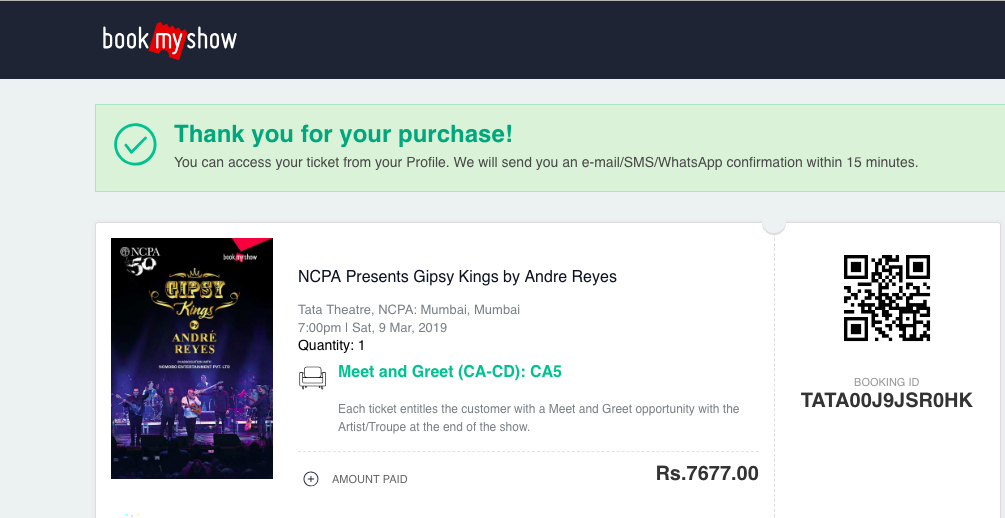 First time in India Gipsy Kings of Andre Reyes performed this month as part of Gipsy Unidos tour series at NCPA, Mumbai! It doesn't matter whether Felixé (my tabby tom kitty) and I've to sacrifice our dinner fish to cut the monthly budget because I'd to book the front row center seat! A total worth to be right in front of my darling guitarist and vocalist hero André Reyes. March 9th, 2019 evening for 90 minutes was the moment I re-lived being a teenager. It was in early 2000 when I was introduced to Gipsy Kings in a Salsa Club (now closed) in Jakarta, Indonesia. I used to frequent this club on weekends and got hooked to jazz and latin music - all new to me at that time. I'd bought Gipsy Kings CDs and every morning from my home in Jalan Papandayan in Bogor to my office at CIFOR I used to listen it. Till date, my morning music includes Gipsy Kings. A beautiful way to wake up.. makes my day :-) Berkeley to Bombay - Gipsy Kings inspiring all the way July 2004 USA. I was doing a short term course on Environmental Leadership at University of California, Berkeley. To my surprise Gipsy Kings were performing right before end of my course at Greek Theatre in Berkeley. I got a ticket - like a student managed to get a cheap back seat ticket - could hardly see them. Yet, just the idea of listening to them live was mind blowing. Next year, 2005, when I was in Montpellier and Arles, I craved to visit them - a home town of Gipsy Kings for four decades in the south of France. Their father, Jose Reyes, who had to leave Spain during the Spanish Civil War, kept the Flamenco style music in the heart of their gypsy style songs and music. Andre Reyes, one of the brothers, gave the name 'Gipsy Kings' to the band that originally came into existence around 1978 as Los Reyes. The interesting element of Gipsy Kings work is their ability to pull audiences from 10-90. No wonder the child seating next to me was just 12 years old; she came with her father, while the couple behind me were in their 70s. Its something in the rhythms that mesmerise the audience despite they being all male band. 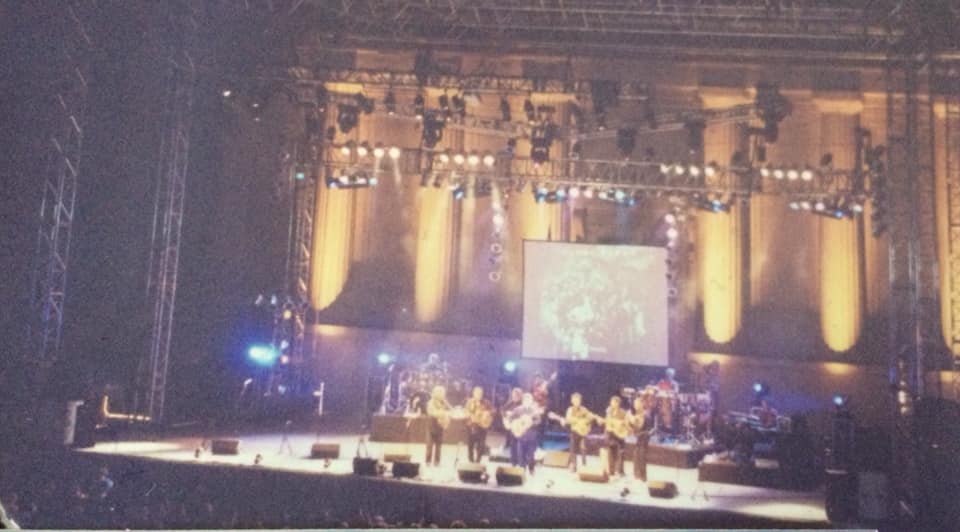 Greek Theatre, Berkeley 2004 Gipsy Kings live (Photo Purabi Bose) Greek Theatre, Berkeley 2004 Gipsy Kings live (Photo Purabi Bose) All Male Gipsy Kings without a Queen
Perhaps, I think that also could be the reason am attracted (as most female audience) is the charming, flamboyant, happy guys, tapping feet and playing guitar - all may sound macho - but these big boys have power to mellow down and balances with soft gentle sexy looking guys (if age is not a factor for you) dressed in black and of course the soothing music! André Reyes, who plays rhythm guitar and does the vocals is part of the band thats is literally his family - brothers and cousins. For me it was a dream come true - singing the songs each one of them from 'Bamboleo' the opening song to the almost wrap up song 'Volare' and then the cheery on the top 'Hotel California'. I hated the idea of seating and listening to this music, and am glad that the band encouraged audience to stand up and dance - if space permits. I guess my love for Gipsy Kings comes from the idea of combination of jazz, flamenco, and flirtatious aura that naturally evokes any lost sense of emotions. I'd a great time from being a back bencher in 2004 in Berkeley to getting those valuable eye contacts in 2019 in Bombay ;-) Love is in air.. Art is how we decorate space Music is how we decorate time.
0 Comments
Born and raised in Maharashtra, I consider Marathi as my maternal language! It is true that I can read, speak, understand and even write Marathi better than Bangla language. When I was in primary municipal school, in the outskirts of Mumbai, my teacher along with my mother had decided that instead of Malayalam as the third language it will be Marathi. I'd not seen a single play in Marathi till date. My brother, Prabir Bose, himself an expert of Theatre for Development, suggested (rather pushed) me to watch this play at NCPA, Mumbai. I am glad to listen and accept his advice. This play is running for over 40 years making it older than me! I think the actors are all new (not the ones who played 40 years ago) and some of the dialogues has nicely been adapted to suit the current scenario of the country. Satish Alekar's Mahanirvan is more than a story about death man.. it takes the audience more in-depth to examine human society, relationships and our behaviour with 'rituals and traditions' and underlying politics. Let me call it as a musical play in two acts with two key protagonists - sutradhars - the dead man and his son. Satish Alekar beautifully uses typical Maharashtrian regional folk songs and music such as Abhang, Bhajan, and Kirtans through out the 120 minutes. The interval/break in the play sees the shift of 'sutradhar' from dead man to his son. Of 15 men in the play there is only one woman - the widow - and her role is nicely placed from being dependent, to vulnerable, and to some one with desire. Alekar direction has left no gap in depicting the chawl atmosphere, or brining sarcasm in our belief-systems - be it in the form of black crow that claims monopoly in traditional ritual systems of death .. questioning what is culturally acceptable or prescribed and followed/passed-on blindly. I must admit Nachiket Devasthali's acting got me floored. Each and every character is well-placed and audience is given a chance to understand the character - its relevance in the play/story. To me, the story is well executed and sometimes I found Marathi language was a bit too polished for me to understand, but that was only in a couple of dialogues. Overall, I would highly recommend to watch this play if you get a chance. Absolutely brilliant performance by the actors. The Hindu has published a detailed review of this play, which you can read it here
https://www.thehindu.com/entertainment/theatre/mahanirvan-revival-and-relevance-today/article23321806.ece Last year I'd the privilege to watch Faezeh Jalali's play 07/07/07 at NCPA's Experimental Theatre. Instantly I became a big fan of Jalali's work. Her unique approach towards social and gender issues creates space for the audience to reflect and feel all sorts of emotions watching her play. I got an opportunity to watch her recent play, Shikhandi - its a story about the in-betweens. Though am not familiar with details of Mahabharata and Ramayana I knew Jalali had a story to tell beyond narrating these epic stories.
Experimental theatre is my one of my favourite theatres - the other being Prithvi theatre - a place I've been frequenting since college days. I was glad to book a front row (AA) because the director was using every space of the theatre balcony, side stairways, used theatrical rigging system (bringing actors to the stage - to create a scene of God comes down to the Earth) and all corners of the theatre. The location of the NCPA is awesome, the cool breeze from Arabian sea and seating on Marine Lines licking Rustom's ice cream after the show (especially in Mumbai's humid summer at 40 degree Celcius) is another attraction. As the play began I couldn't stop laughing and admiring the way contemporary issues and politics in nicely embedded in small doses that is tongue-in-cheek way of creating the story of Shikhandi. Shikhandi is perhaps one of the earliest trans-characters known in mythology - don't ask me about histories - and this character apparently played a key role in winning the battle of Kurukshetra for the Pandavas. Don't get carried away with this mythological stories - and don't get upset if like me you don't know anything about Pandavas or who was Bhima. Director Jalali in a comic and sarcastic way uses her protagonists to explain the characters! I thought it was brilliantly done. She has put together an amazing show using every actors that is both impressive and intellectually provides a teaser to the social issues - be it birth of a girl child, marriage, current socio-political scenario, gender and sexuality and wars or conflicts. I was mesmerized by excellent lighting design and the costume and hairstyle enhances the show with minimalistic yet beautiful. I think the live music added the charm of the play. If you get a chance to see this play, don't miss it! Unfortunately, this play will be relevant even after five decades - though you wish humans begin appreciating equality and gender rights, its a wish after all.
|
Privacy Policy: We use Google Analytics to collect data to improve the Website. By using and accessing the website you are consenting to use of Google Analytics. All Rights Reserved.
ARchIvES
March 2019
CATEGORIES
All
Privacy Policy: This website uses Google Analytics to improve the Website. By using and accessing the website you are consenting to use of Google Analytics.
|
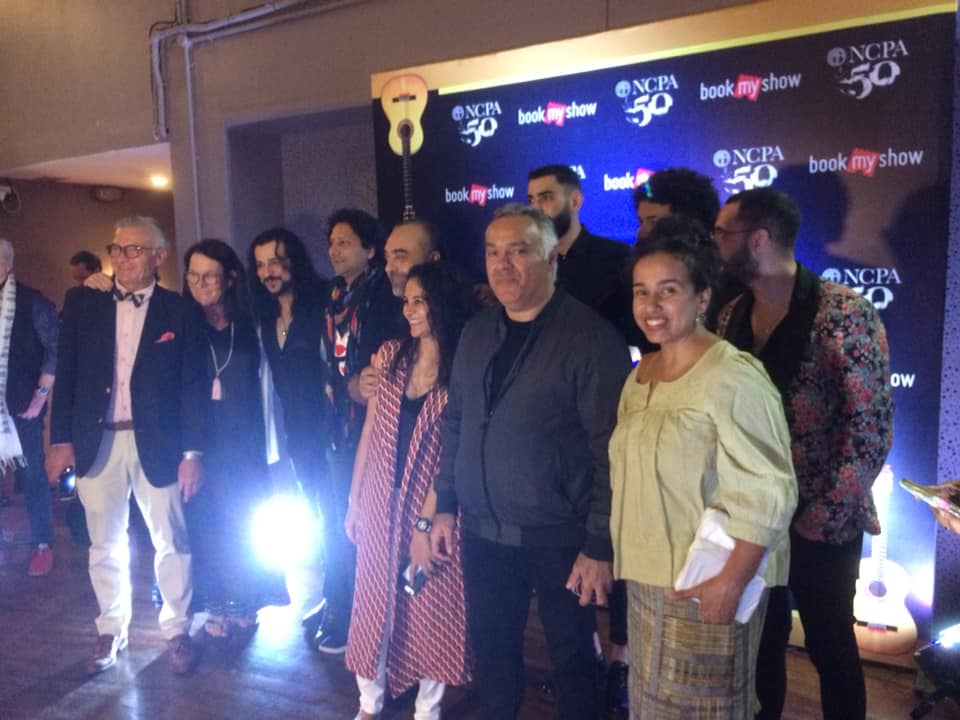
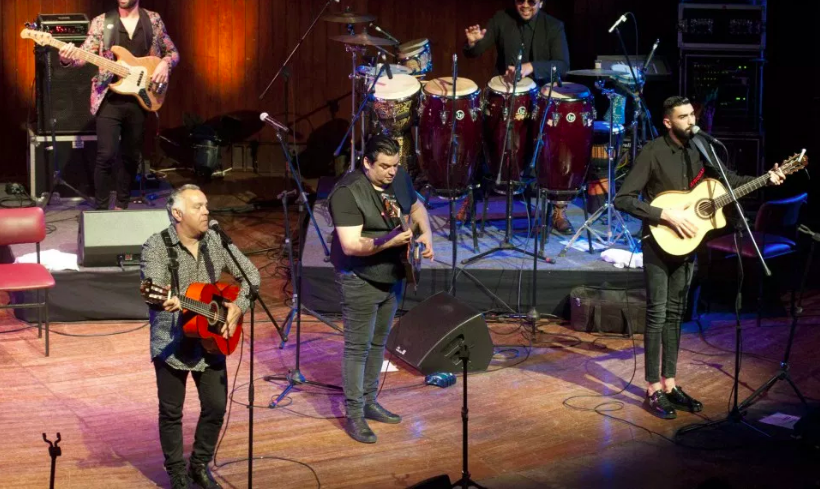
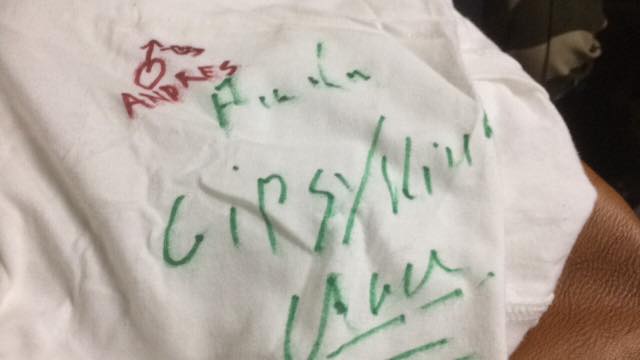
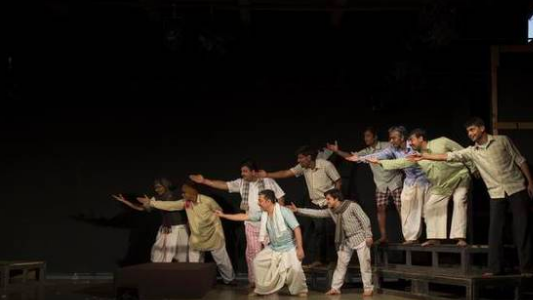
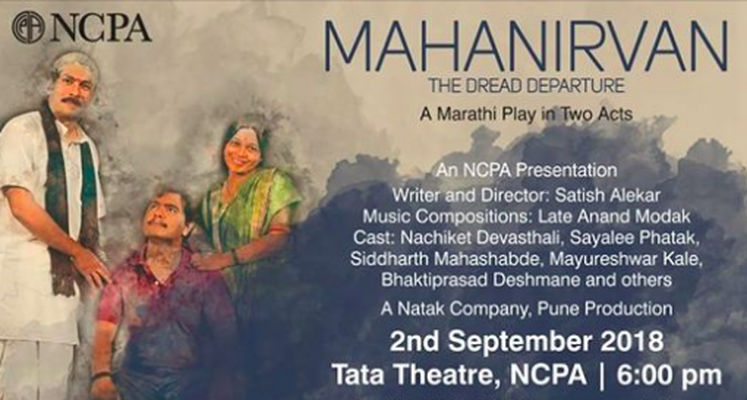
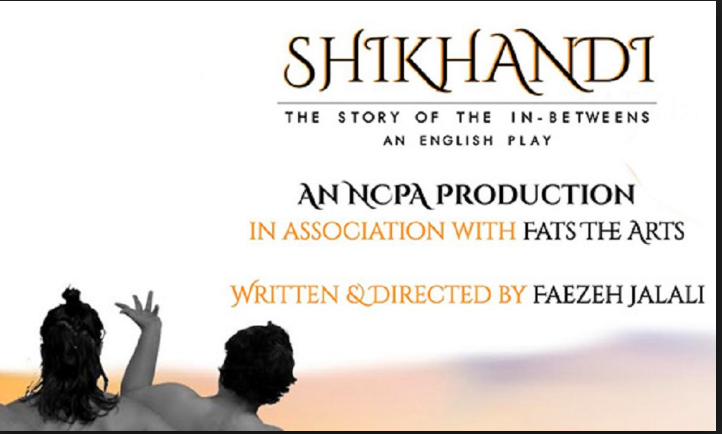
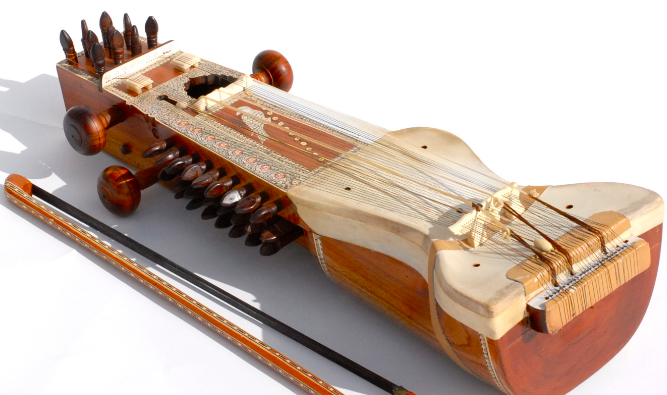
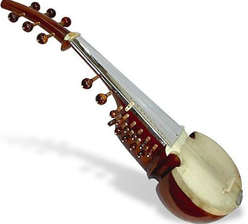
 RSS Feed
RSS Feed
